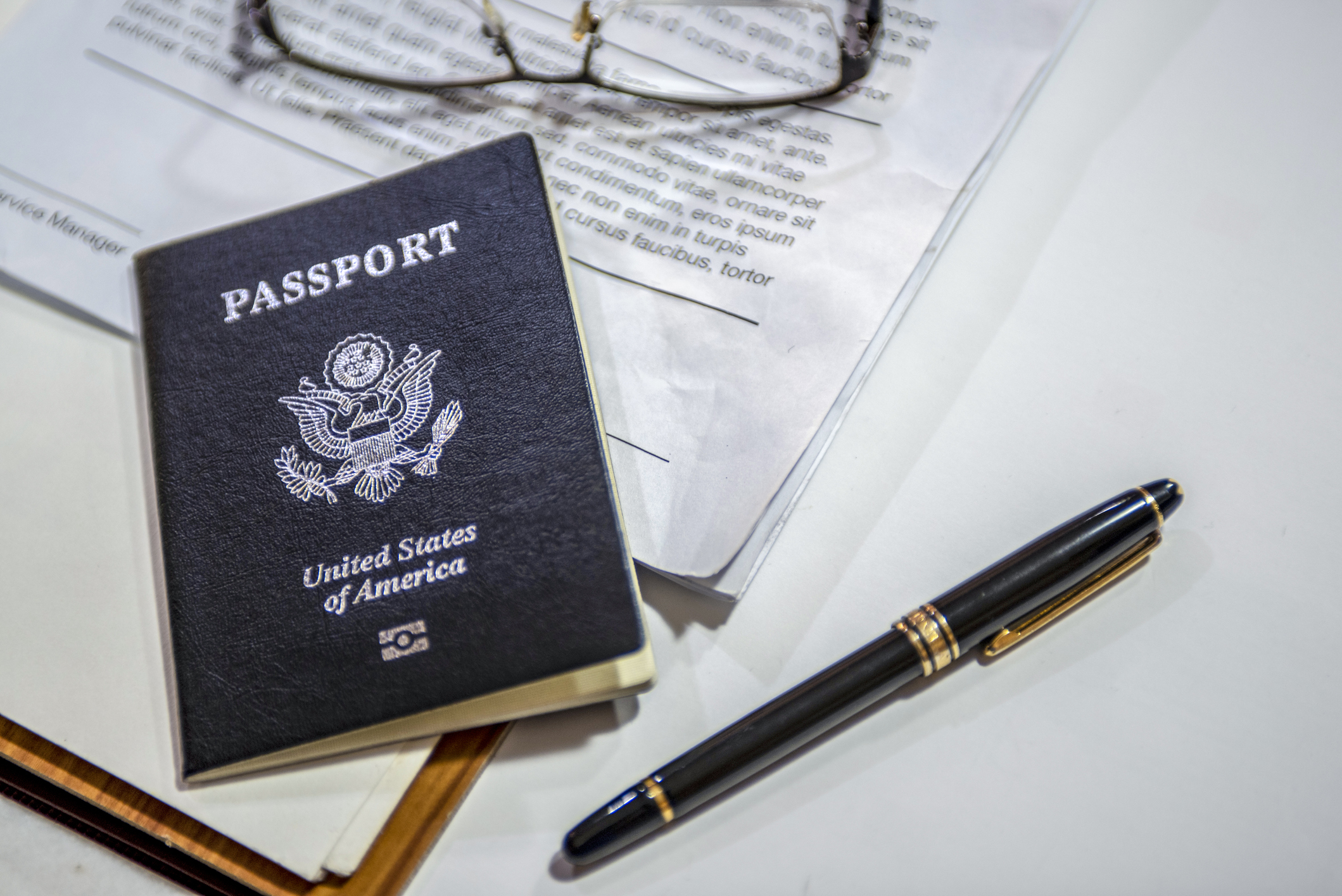The tech industry faces uncertainty and fear due to the Trump administration’s strict immigration policies, leading companies to advise employees on visas not to leave the United States because they might not be allowed to return.
During President Donald Trump’s first term, the denial rates for high-skilled visas increased to 15%. Law firms have warned that a similar upward trend is possible during his current presidency, according to The Washington Post.
“What we’re seeing right now is just a lot of worry and panic,” said Principal Attorney Malcolm Goeschl of Goeschl Law, a San Francisco, CA, firm specializing in business immigration for the tech industry. “It seems like [the administration is] just getting more and more momentum, and we don’t know what’s around the corner.”
Silicon Valley, Northern California’s global hub for technological innovation, is known for housing many of the world’s largest tech companies and producing groundbreaking inventions. Tech giants in the region employ thousands of workers on H-1B visas, which are available for workers with specialized skill sets and are central to the current debate. Transferring visas from one employer to another requires government approval.
According to data from U.S. Citizenship and Immigration Services, about 65,000 H-1B visas are approved through a lottery system each year, The Washington Post reported. The highest number of approvals went to applicants from India, followed by China and Canada.
Amazon had the most H-1B visas approved among major tech companies, followed by Google, Meta, Microsoft, and Apple, per The Post. Tesla, led by CEO Elon Musk, a prominent Trump ally who has spoken out against federal immigration programs, had 1,767 approved H-1B visas in the fiscal year ending September 2024.
Major immigration law firms warn about the risks of sudden changes to visa regulations, potential slowdowns in processing times, and heightened scrutiny of applicants’ political views and social media activities.
In response, immigration attorneys are giving workers general advice, such as carrying immigration documents and keeping addresses and job information updated with authorities. They are also increasing one-on-one consultations, hosting company town hall meetings, and supplying written FAQs for businesses to share with their employees.
Experts warn that cutting visas for immigrant tech workers could hinder the industry’s ability to compete with China in the global race to develop advanced technology, such as artificial intelligence. For now, Trump has not definitively said he will end the H-1B program or other skilled visa categories.
The uncertainty and fear are already negatively affecting some American tech companies.
“It definitely impacts their performance. The threat is looming that some action will be taken against them,” said an HR representative from a tech firm in Silicon Valley, who spoke through an attorney regarding worker concerns, The Post reported.
To address delays related to changes in visa processing, the HR representative’s company has opted to pay for expedited processing of some H-1B extensions. However, they noted that the added cost “adds up.”

















